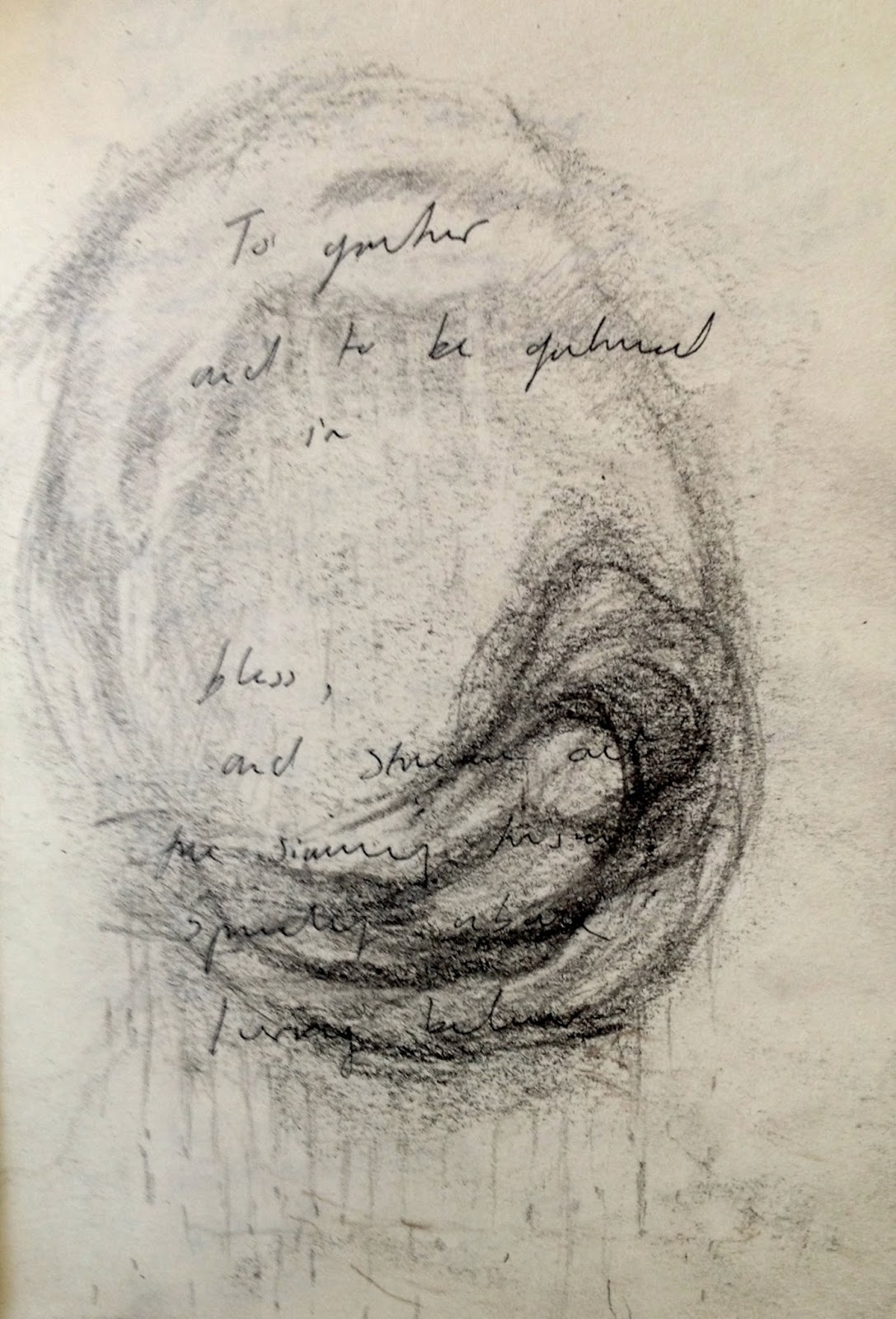from the
Pit
Out, over Egypt
Remembered, forgotten, forgetting
bad swallowed by good
as good by bad
Duality is one
[For full chapter, click
here
A chiastic structure, as Joesph finally is taken from the Pit
Repetition, and change: the leitmotifs remains in place, but with transformations. First, from the timeless monotony of captivity, we enter a specific time frame: two years,and things are moving quickly (they "rushed" Joseph; God is "hurrying" to do). Then, the sale is reversed:
Once again, two closely related dreams, with natural imagery, but this time the dreams serve as a catalyst to freedom rather than captivity; Joseph is taken
from prison (now defined as a "pit"); he is dressed (the change of clothes happens twice, a balance to the two strippings); he comes to answer to the "peace" of Pharaoh, as he was once sent to seek the "peace" of his brothers; he is finally, once again, "found" (
ha-nimtza), and so is able to "go out" (
ve-yetze). From closing in, things "open" (
ve-yiftach Yosef).
The "forgetting/ not remembering" is reversed, as the cup-bearer "reminds," and "forgetting" is defined as the coming ruin of Egypt.
Yet in some ways, this is also a continuation of Joseph's experiences: as with his former master, he is put in charge of the "house", with only one above him; he is still passive: everything is "given", there is no "taking": even his marriage is defined as "
va-yiten" (vs. Judah's "
va-yikach); he is passively dressed, as he was stripped, his name is changed.
Only with the birth of his children--again, the thematic duo--does he "call" a name. "God has made me forget all of my suffering, and all my father's house"; "God has made me fertile in the place of my suffering (
onyi). From being forgotten, an active forgetting, yet of a different type: a letting go (
nashani, "let go") , a falling away.
Good and bad become intertwined: the "two dreams are one"; just as in the dreams, the bad swallows the good, here, the good begins to emerge from the bed)

























